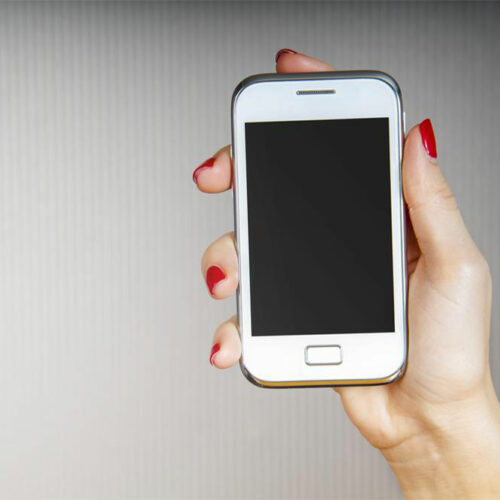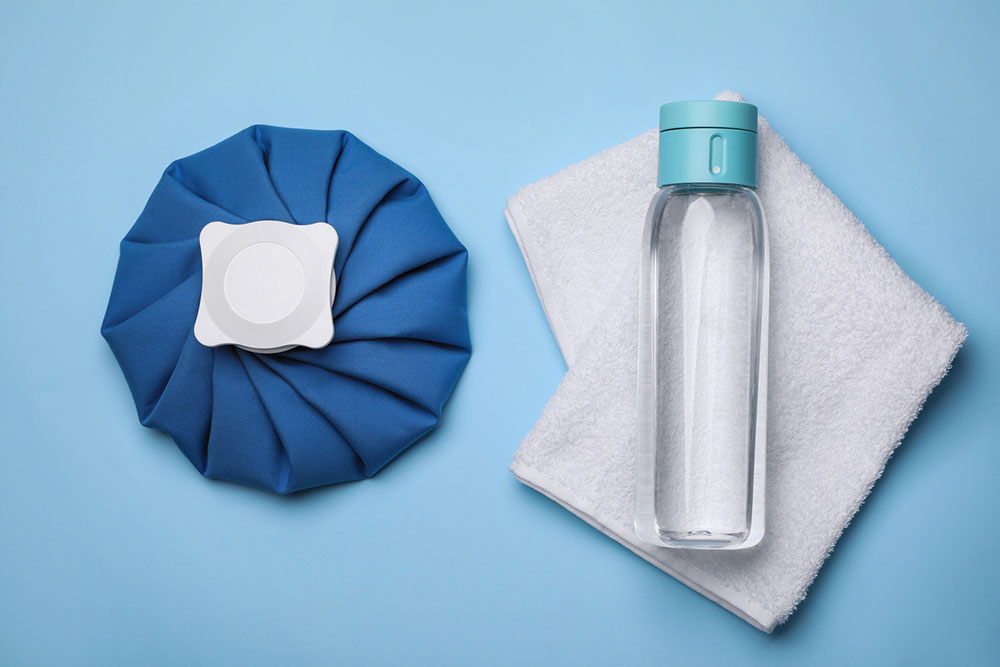4 reasons to move on from that old smartphone

The market is full of newer and innovative smartphones. But the upgrade isn’t necessarily affordable or desirable for all. While it is tempting for most to buy a new smartphone every year or two, a significant number of people are still using devices they purchased years ago. If you are one of those people, you might want to consider the drawbacks of old smartphones that date back more than a few years. Cyber security It is a great decision to continue using an old phone when you consider the environmental and financial repercussions of upgrading. However, it can be a questionable decision if you consider the security aspects of your phone. After some time, Apple or Android devices stop receiving security updates. These updates protect your phone against vulnerabilities and security threats. To better picture how unsafe or safe your old smartphone is, you will have to check how long your smartphone brand provides security updates. Storage safety One of the reasons phones are dangerous to continue using beyond a stipulated time is the expired life of their batteries. The lithium batteries start degrading after a few years. This makes your old smartphones unsafe for use. If you aren’t using an old smartphone but have it stashed in the back of a drawer, it can still be a fire hazard.






